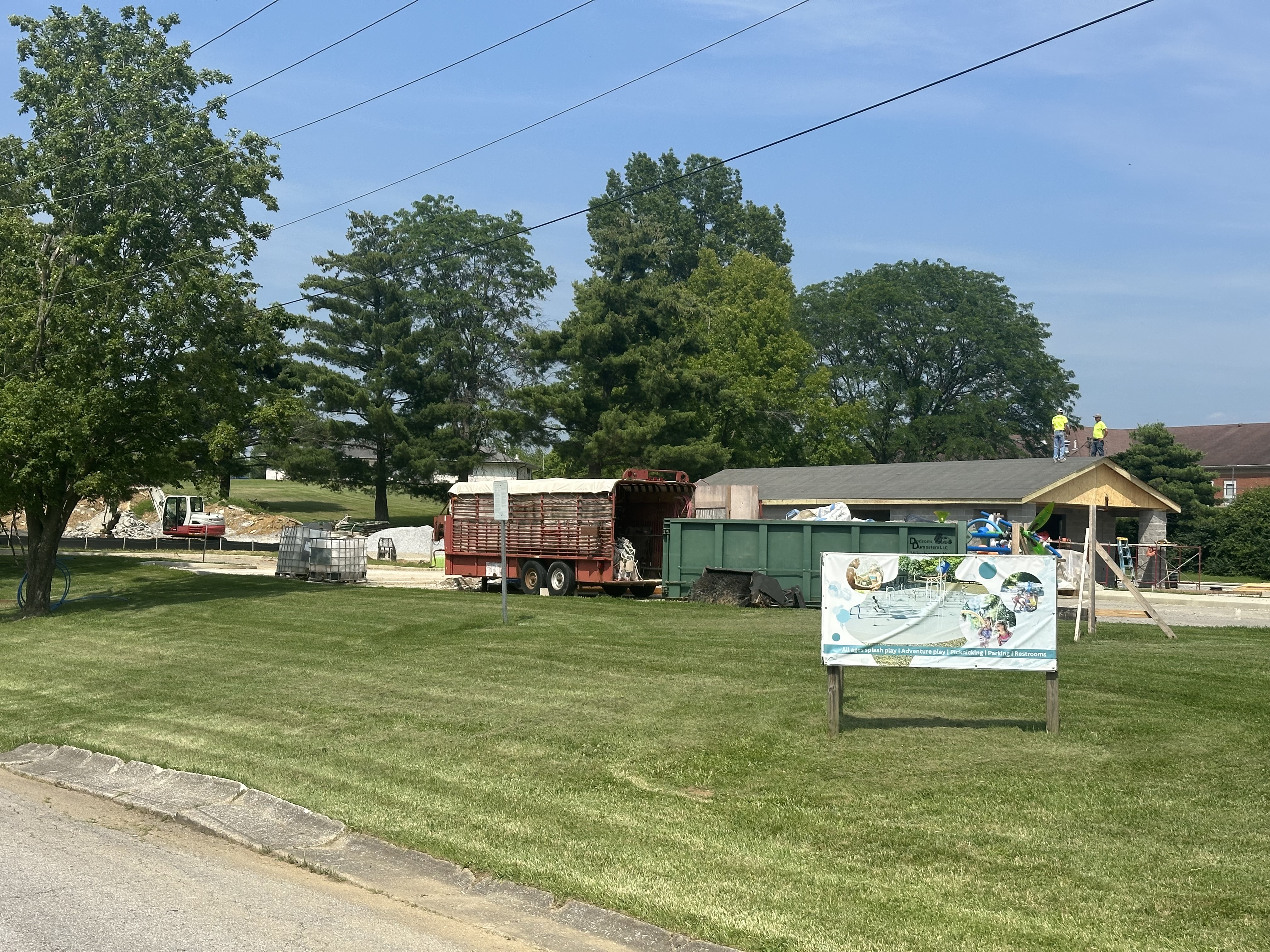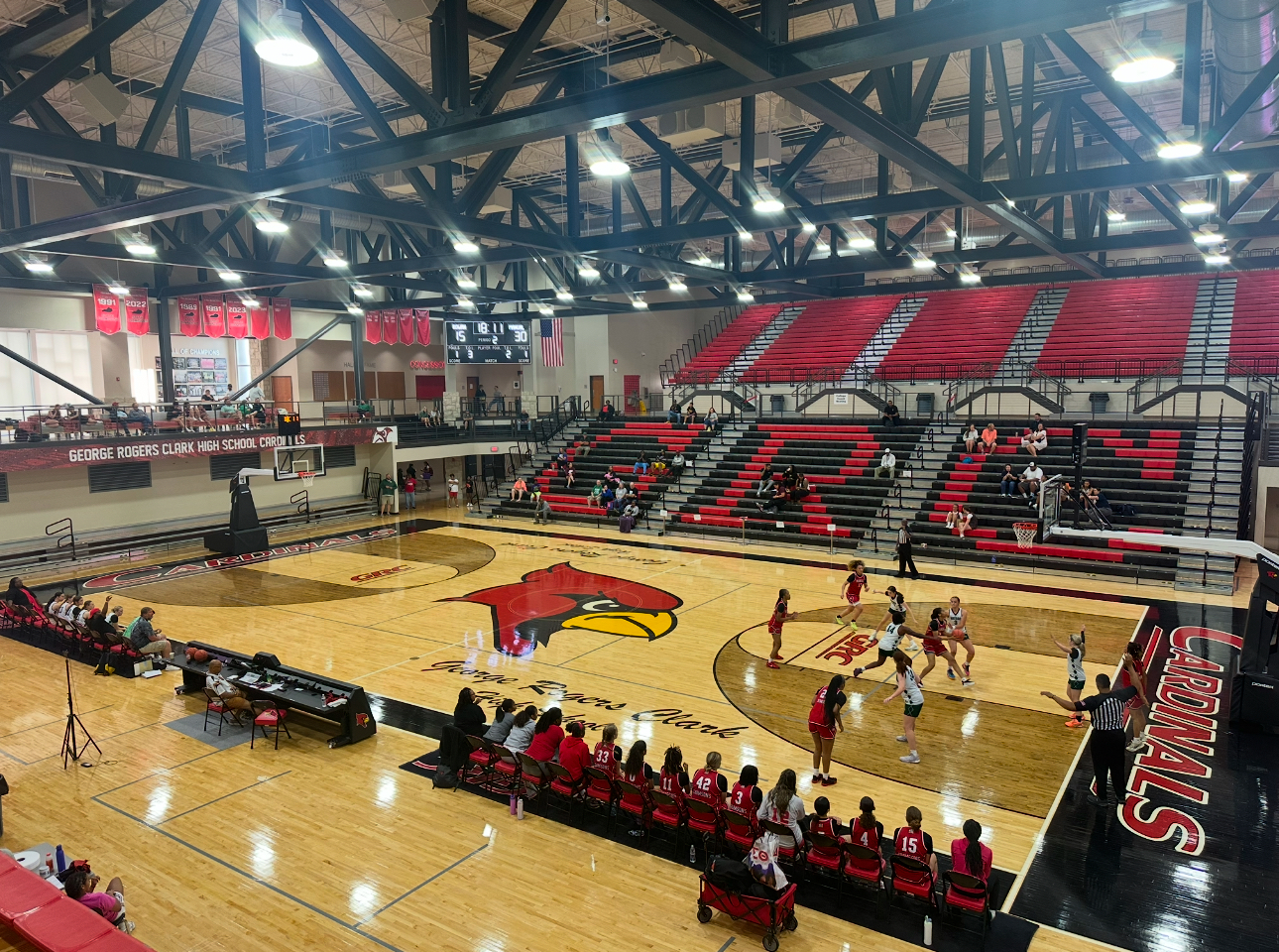National Drug and Alcohol Facts Weeks about dispelling myths on substance abuse
Published 11:49 am Monday, January 22, 2018
National Drug and Alcohol Facts Week is a health observance linking teens to science based facts to “shatter the myth” about drugs.
Substance use can lead teens to long-term social and health problems, injury and even death.
Growth and development can be affected by tobacco, alcohol and drugs. Teens who abuse these substances may have trouble building relationships, finding their identity and becoming emotionally stable.
They also may have trouble preparing for the future. Substance abuse can affect learning and memory, which can harm a teen’s schoolwork.
Substance abuse can grow very quickly from occasional drug use or experimenting to addiction in teens.
TOBACCO
Nicotine is one of thousands of chemicals in tobacco, but it is the major one that acts on the brain.
The lungs readily absorb nicotine from a cigarette, cigars or pipes. The tissue of the mouth also absorbs nicotine when a person smokes cigars, pipes or chews tobacco.
Nicotine is one of the most addictive substances.
Some teens are addicted within days to weeks after starting smoking.
When you repeatedly use tobacco, you have an increased need for larger amounts of nicotine to get the same effect. You then will have withdrawal symptoms if you try to quit using tobacco.
ALCOHOL
Alcohol has affects on all bodily organs, but has most serious effects on the liver.
It decreases the quality of sleep, especially if a person is using it often to help them fall or stay asleep. It can cause problems with brain development in teens. Some teens that use alcohol regularly will not learn how to handle stress without drinking alcohol.
Alcohol is a sedative. Drinking alcohol can make it harder for a person to think and act quickly. It slows down thinking and moving, and makes a person less alert.
A car crash is more likely when a person is driving under the influence of alcohol.
Drinking can lead to unprotected sex. This raises the chances of pregnancy and sexually transmitted infections (STIs).
MARIJUANA
Marijuana can hinder memory, problem-solving and learning. It can also cause mood swings, anxiety and depression.
COCAINE
Cocaine can cause abnormal heartbeat, can cause a deadly heart attack, seizure or stroke.
OTHER SUBSTANCES
Other substances teens often abuse include:
— INHALANTS (glue, aerosol sprays, gasoline, paint and paint thinner)
They are often used by teens because of the low cost of these items and their availability. The poisons in them can cause brain damage or even death with a first use.
— CLUB DRUGS (Ecstasy, Rohypnol and Gamma-hydroxybutyrate(GHB)
The number of teens abusing these is less than cigarettes, marijuana and alcohol, but these drugs can be very dangerous. Especially, when combined with alcohol or other drugs.
— METHAMPHETAMINE (meth, crank, or speed)
Methamphetamine can cause seizures, stroke, serious mental problems, paranoia, hallucinations and delusions and long-term health problems.
— HALLUCINOGENS (ketamine, LSD, PCP)
Serious and lasting problems, such as psychosis or hallucinogenic flashbacks can occur after a teen uses LSD.
— OPIATES (codeine, heroin, and morphine)
Can be pills, liquids, patches or nasal sprays. When used as directed can be used to help relieve pain.
Problems with abuse can arise when you:
-Use more of the drug than prescribed to you
— Use the drug without a prescription
— Use it to get high or feel good
The risk of harm or death increases when opioids are abused.
Even when used as directed, opioids can quickly cause dependence and later addiction.
Seeking help for substance abuse issues?
Faith-based recovery group meetings
— MONDAYS
Faith-Based 12 Step Recovery Program
Arc of Mercy, 240 Winn Ave., 6 p.m.
For more information call, (859) 749-3343
Lifeline Ministries
120 W. Broadway 6:30 PM
Call (859) 749-1962
— TUESDAYS
Celebrate Recovery
Calvary Christian Church/15 Redwing Drive 6:00-9:00 PM
Childcare provided
Pre-Teen and Teen Groups Available Call: (859) 745-8558
— THURSDAY
Beacon Ministries
Grace Bible Church/250 North Main St. 6:00 PM Call: (859) 737-4722
TREATMENT OPTIONS
— Clark County Comprehensive Care
(www.bluegrass.org)
(859) 744-2562
— Freedom From Smoking: Clark County Health Department
(www.clarkhealthdept.org)
(859) 744-4482 or 1-800-QUIT NOW
— The Way to Recovery (Residential)
(859) 355-5517
Self -Help Groups
— Monday-Friday
Alcoholic Anonymous (AA), 66 S. Main S.
8 p.m.
— Monday & Wednesday
AA, 66 S. Main St.
Noon
— Monday & Wednesday
Narcotics Anonymous (NA) 39 S Main St.
7 p.m.
— Tuesday, Thursday & Sunday
Narcotics Anonymous (NA) Episcopal Church (First Fire building in back)
T/TH, noon and Sunday, 3 p.m.
Call 745-0132
— Saturday
AA, 66 S Main St.
9 a.m. at 8 p.m.
— Sunday
AA, 66 S. Main St.
4 p.m.
Looking for a way to help those suffering with addiction? Contact Clark County ASAP (Agency for Substance Abuse Policy) at www.clarkcountyasap.org. Report drug activity to the Anonymous Drug Tip Line at (859) 355-7443.





